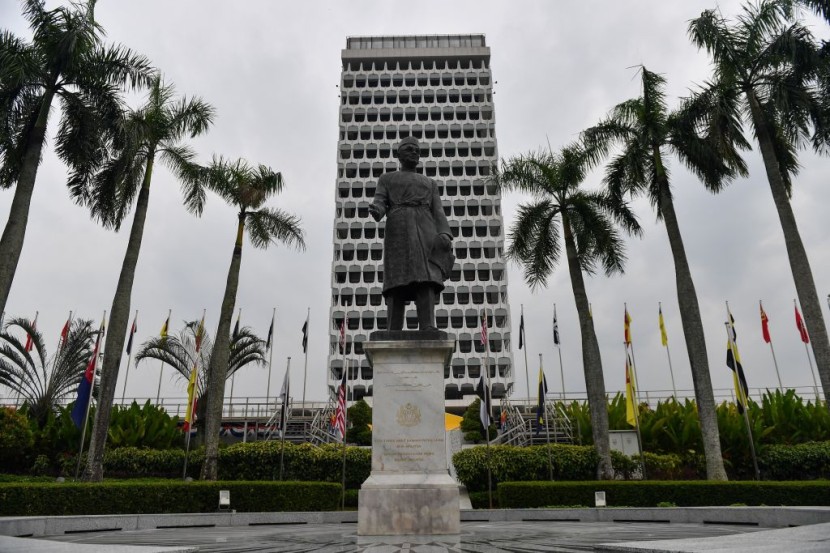
- Malaysian parliament votes to remove the mandatory death penalty for serious crimes
- Lawmakers argued that capital punishment was not an effective deterrence to crime
- The decision would remove the mandatory death penalty for 11 serious offenses, including murder and terrorism
The Malaysian parliament voted to end the country's mandatory death penalty for serious crimes as some lawmakers argued that capital punishment is not an effective crime deterrent.
The latest decision could potentially spare more than 1,300 prisoners on death row. Malaysia had a moratorium on executions since 2018, before the Monday vote where lawmakers unanimously supported removing the death penalty as the mandatory sentence for 11 serious crimes.
Malaysia Votes to Remove Mandatory Death Penalty
Despite the decision, judges in the country will retain the discretion to impose capital punishment in certain cases where they deem it necessary. But the courts will now instead hand down life imprisonment sentences of up to 40 years or corporal punishment, including caning.
While the reforms would still need to clear the country's upper house, it is widely expected to pass. On Monday, Malaysia's deputy law minister said that capital punishment was an irreversible and ineffective act, as per BBC.
Ramkarpal Singh said that the death penalty in Malaysia has not brought out the results it was designed to bring. Currently, 34 criminal offenses are punishable by death in the country.
Once enacted, the new laws will be applied retrospectively, which means that the people on death row gain 90 days to seek a review of their capital punishments. Amnesty International's assessment found that 60% of people on death row received mandatory death penalty sentences.
Last June, the legislative process of overturning Malaysia's death penalty began when the former government under Prime Minister Ismail Sabri Yaakob said they planned to abolish capital punishment from being mandatory.
In a statement, Human Rights Watch Deputy Asia director Phil Robertson said that the Monday vote was a crucial step forward for Malaysia. He added that he hoped the new laws would pressure other Southeast Asian countries to follow suit, according to the Manila Times.
Read Also : Former Taiwanese President Visits China
A Start for Other ASEAN Nations
He added that the "important breakthrough" would result in serious conversations in the halls of upcoming ASEAN meetings. Robertson added that the Asian country should work on highlighting regional leadership by encouraging other ASEAN governments to reconsider the continued implementation of the death penalty.
This includes Singapore, which has recently conducted a post-COVID execution spree, he said. Last year, the prosperous city-state ordered 11 people to be hung over drug offenses. On the other hand, Myanmar's military junta also resumed using capital punishment after a decades-long pause.
The executive coordinator at the Anti-Death Penalty Asia Network, Dobby Chew, said that the passage of the amendments is a good first step towards the complete abolishment of capital punishment. He added that, for the most part, it means that Malaysia is on the right track, noting that the reform is a "long time coming."
Chew also said that we should not deny that the state was killing someone and whether or not the state should have such authority. He argued that abolishing mandatory punishment was something to reflect on, said Reuters.
Related Article : Russia Issues Border Warning After Finland Joins NATO
© 2025 HNGN, All rights reserved. Do not reproduce without permission.








